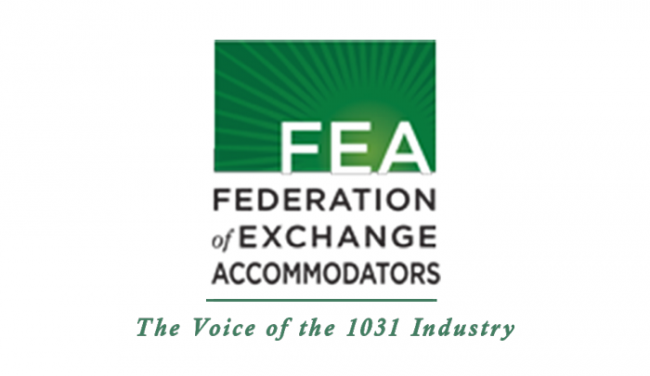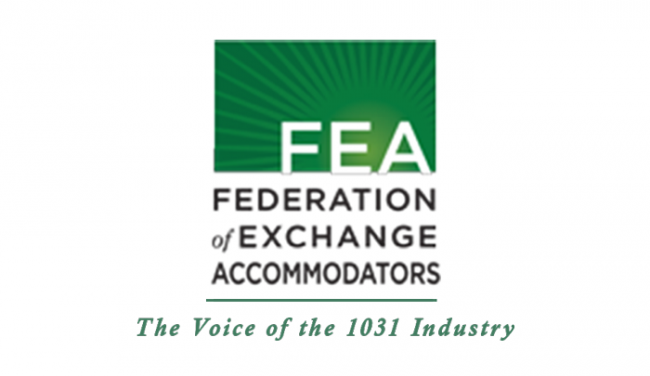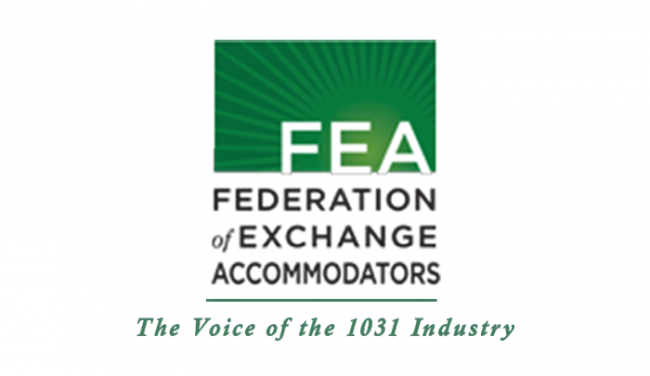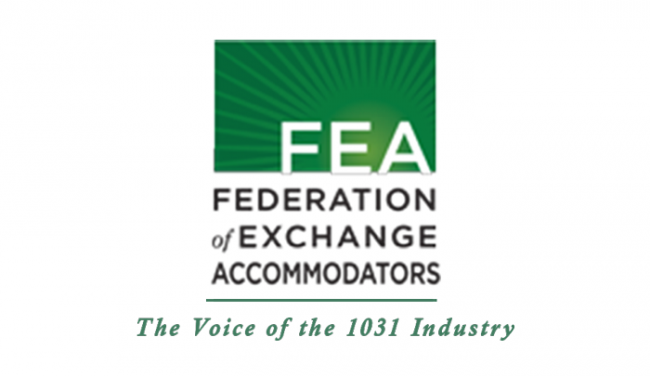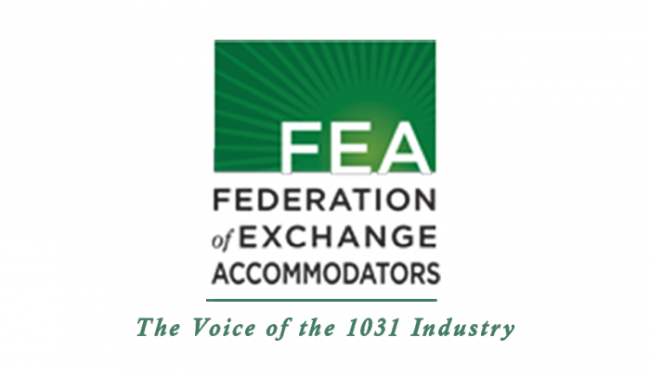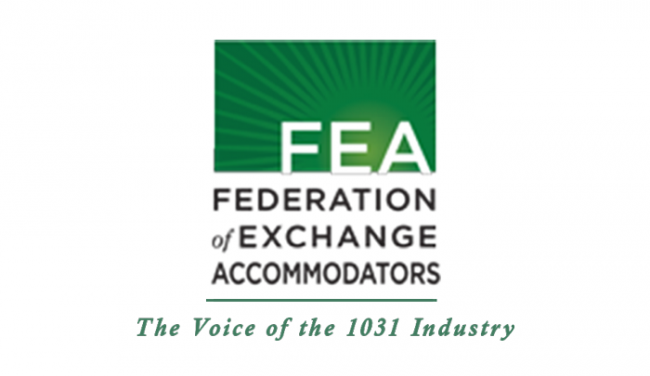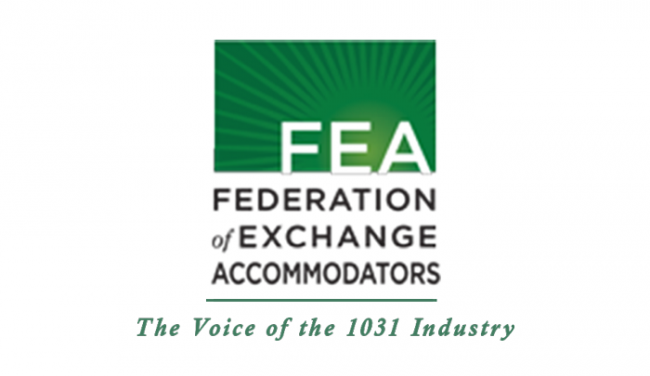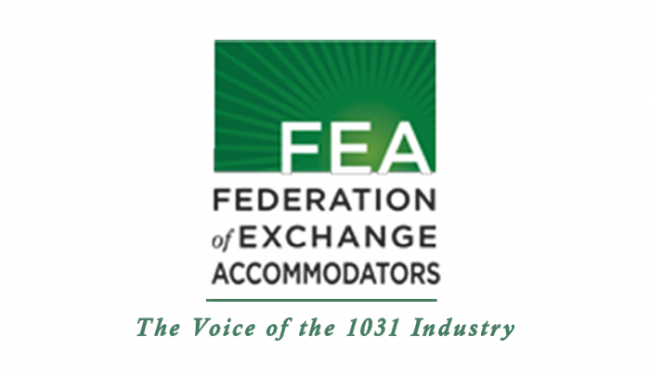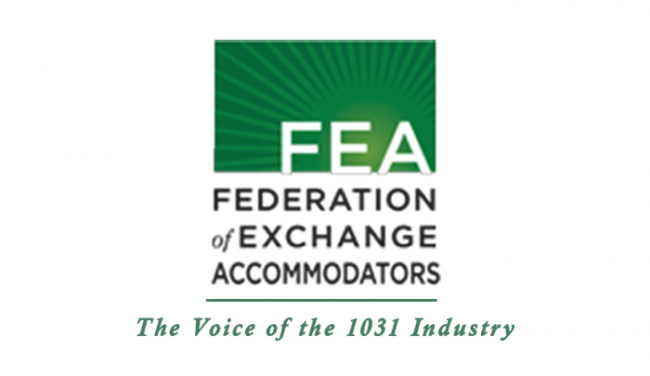FEA “The Voice of the 1031 Industry” Releases an Important Paper This Week!
Understanding the Impact of Depreciation on Like-Kind Exchanges
“Like-kind exchanges under IRC §1031 support investment in commercial and residential real estate and encourage preservation of family-owned farms, ranches, and forestland. Like-kind exchanges provide deferral, not elimination, of tax. By preserving cash flow, section 1031 encourages taxpayers to divest properties that are under-utilized, inefficient, or that simply do not meet current needs, with replacement properties that will permit businesses to grow and thrive.” Read the complete article to learn more.
(Quote and Article Credit: FEA | Federal Exchange Accommodators)
“It was important for the FEA to publish a piece that provides clarity to the accounting and depreciation impact of 1031 transactions. I was pleased to collaborate with Suzanne Baker, from IPX1031 on this paper.”
– Brent Abrahm, President & Chief Executive Officer | Accruit
Click to view and download the full article! –
